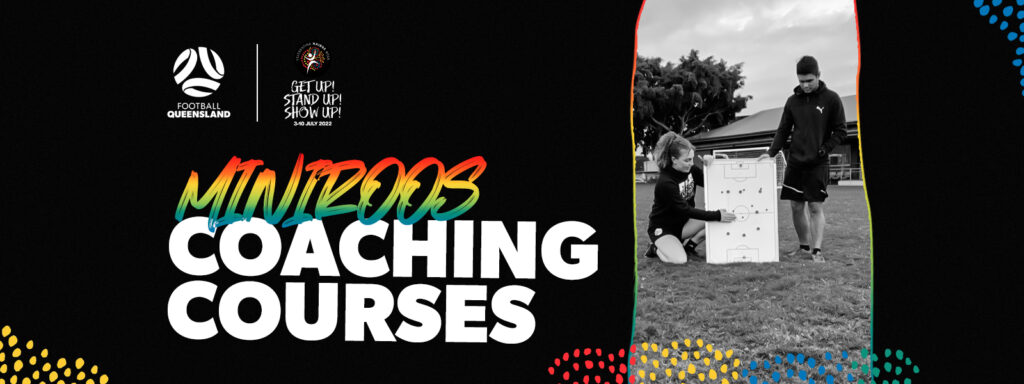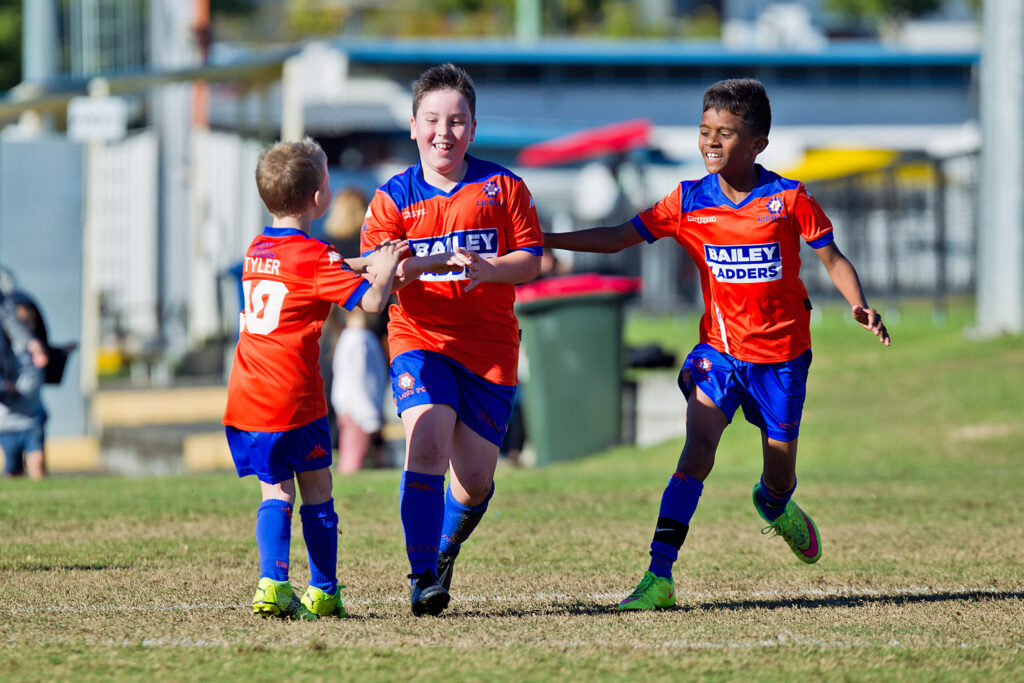
Football Queensland has confirmed that they are set to deliver seven MiniRoos coaching courses across the state, designed to increase the diversity and representation of qualified community coaches in the state.
Following completion of the course, all attendees will have fulfilled the first step in becoming a Casual Participation Officer who can deliver after school programs and Sporting Schools programs.
Football Queensland CEO Robert Cavallucci acknowledged the importance of increasing representation and opportunities for First Nations peoples.
“Representation of First Nations peoples across all areas of our game is integral in ensuring football remains the game of choice for all, for life,” Cavallucci said via a statement to FQ.
“Currently only 177 coaches in Queensland identify as Aboriginal and Torres Strait Islander despite more than 3,200 First Nations players participating in Football Queensland competitions.
“The aim of these upcoming coaching courses is to provide an opportunity for our current Indigenous participants and other members of their communities to become upskilled in a new area of the game so that we can welcome more Aboriginal and Torres Strait Islander peoples in community coaching roles across Queensland.
“We’re thrilled to be able to deliver MiniRoos coaching courses across seven of our regions from Far North and Gulf to the South Coast, which will be free for both new and existing participants and will be delivered in conjunction with the host clubs.
“We also encourage clubs who are interested in running a similar community coaching course of their own to register their interest with Football Queensland.”


















